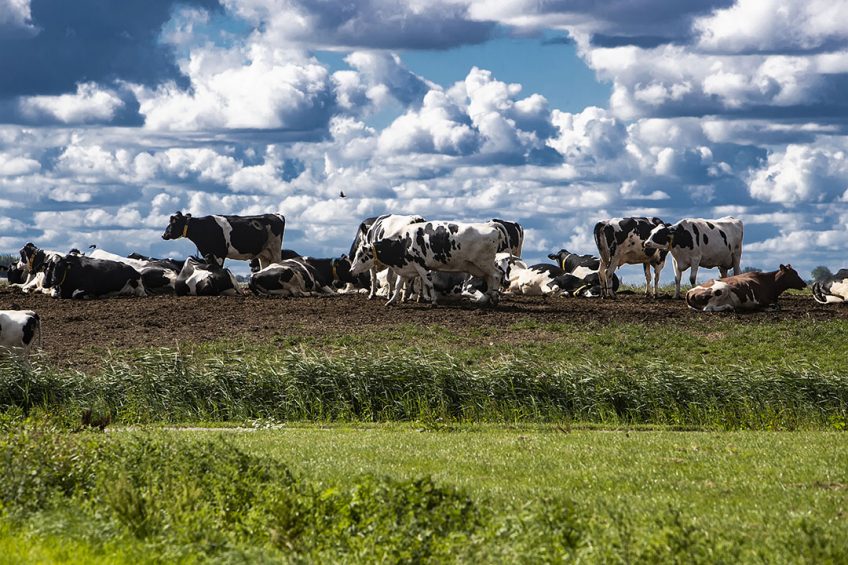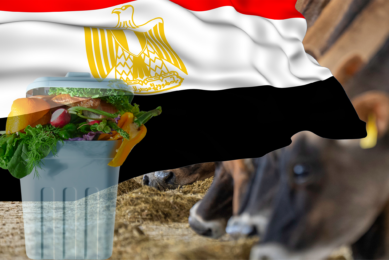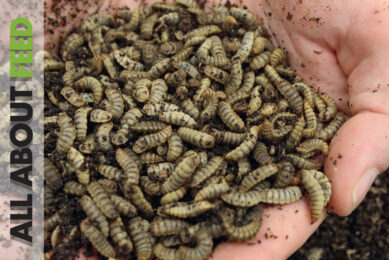Seaweed in feed has no effect (yet) on methane production

In practice, seaweed as a supplement in the diet of dairy cows does not, as yet, provide a reduction of the enteric methane production.
- A reduction of 5-10% had been observed on a laboratory scale, but these results could not be repeated in practice. This is reported by a Dutch Seaweed project.
- Which consisting of the organisations:
- BlueO2,
- LTO Noord,
- Wageningen Livestock Research (WUR),
- CONO cheese makers,
- Hortimare,
- De Heus and
- Greenport Noord-Holland Noord.
3 types of seaweed
After a literature search, WUR investigated the chemical composition of 11 seaweeds and tested them for their capacity to reduce methane formation in cattle. These results were the reason to start a practical experiment, carried out on 64 cows at Dairy Campus in Leeuwarden.
3 types of seaweed were used for 10 weeks:
- Chondrus crispus,
- Saccharina latissima and
- 50/50 Fucus serratus + Saccharina latissima.
The seaweed was added to the feed in small doses.
Dosage may be too low
The study shows that the feed intake of the seaweed treatments was equal to the feed intake of the control group without seaweed. In addition, it has been found that one seaweed treatment led to a significantly higher milk production (in kilograms). This is strongly related to a significantly higher lactose content (in grams per day) in this milk.
Where a 5-10% methane reduction was achieved at laboratory level, none of the seaweed treatments had an effect on enteric methane emissions from the rumen through the mouth and nose of the cow. The dose may have been too low to measure a noticeable effect.
Exact figures and results from the research will follow in a scientific publication halfway this year. The follow-up research focuses on dosage and processing methods.











